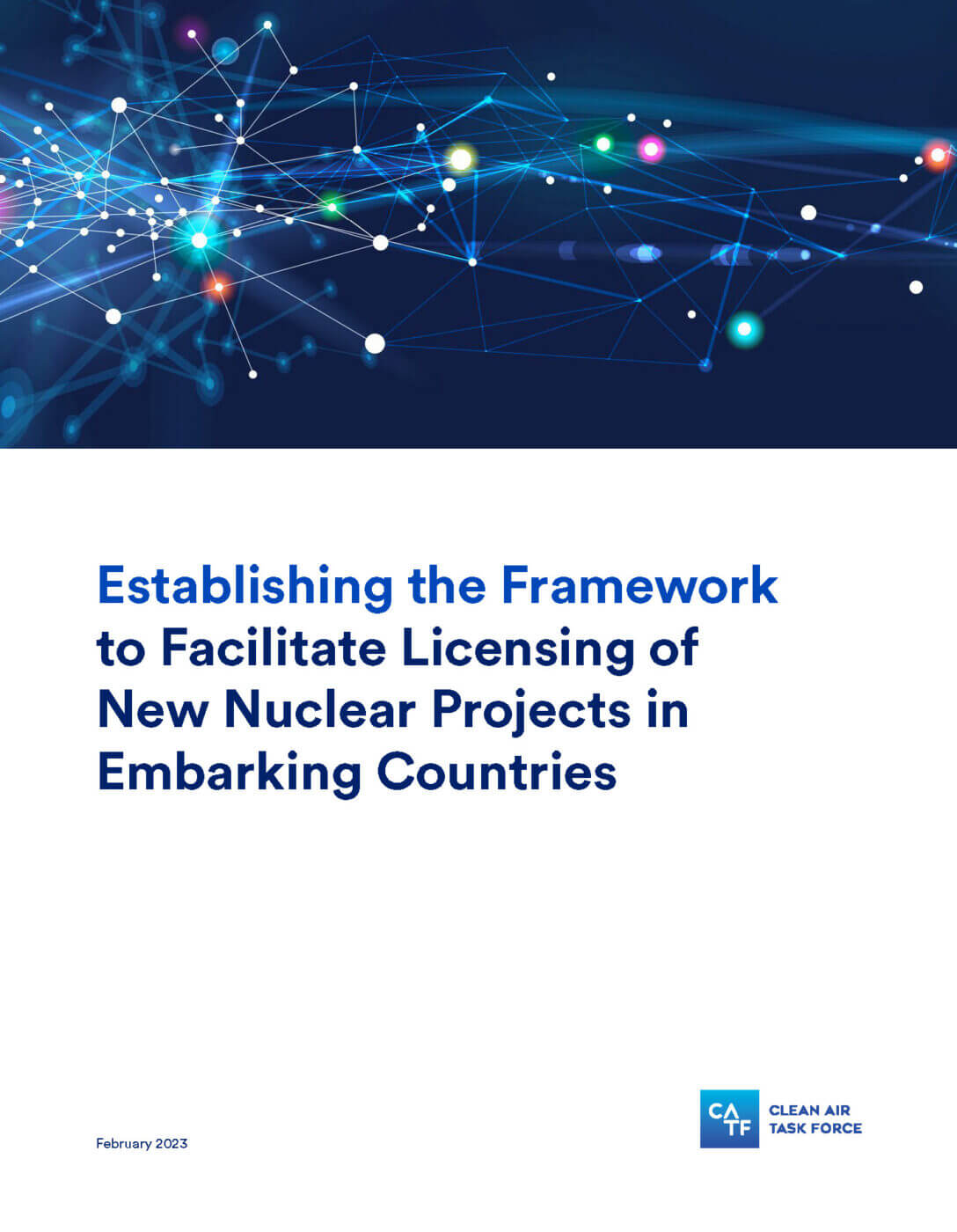Establishing the Framework to Facilitate Licensing of New Nuclear Projects in Embarking Countries

Nuclear energy is increasingly being recognized as a key pathway for meeting deep decarbonization goals. It is a carbon-free source of baseload electricity, and countries like France and Sweden have historically used large nuclear energy buildouts to decarbonize their grids.
However, deep decarbonization requires more than simply meeting growing demand for current uses of electricity — it also requires providing carbon-free power for currently non-electrified economic sectors. Nuclear energy is ideally suited for applications in the non-electrified sectors because it can provide a carbon-free source of heat for hydrogen production, seawater desalination, district heating, and many industrial processes. Moreover, because reactors come in a wide range of sizes from 1-megawatt microreactors to gigawatt-sized large power stations, nuclear technologies are highly adaptable to the variety of financial, geographical, geophysical, and grid considerations of diverse markets.
It is for these reasons that more than 30 newcomer countries across the world, including many emerging economies, have expressed interest in developing commercial nuclear power programs. The International Atomic Energy Agency (IAEA) has dubbed these countries “embarking countries.” The white paper below proposes licensing solutions that would establish a global mechanism to facilitate the large-scale development of nuclear power to meet deep decarbonization and sustainable development goals.


